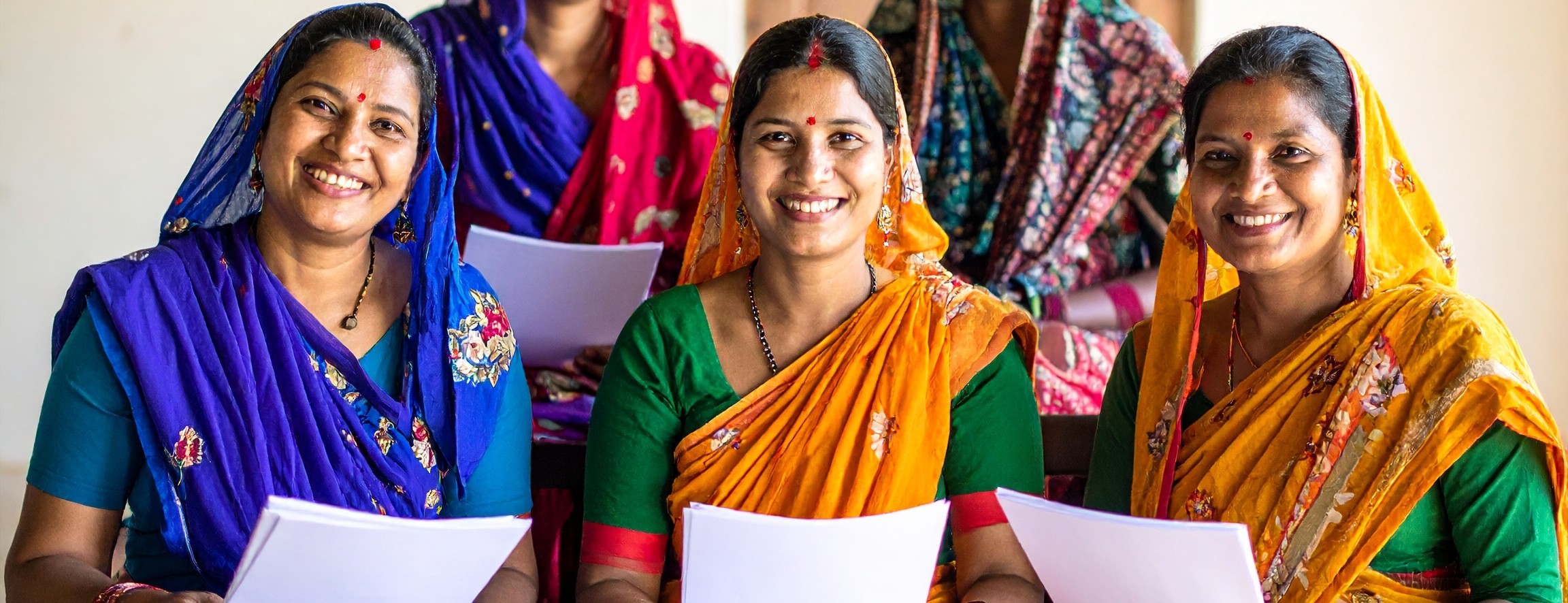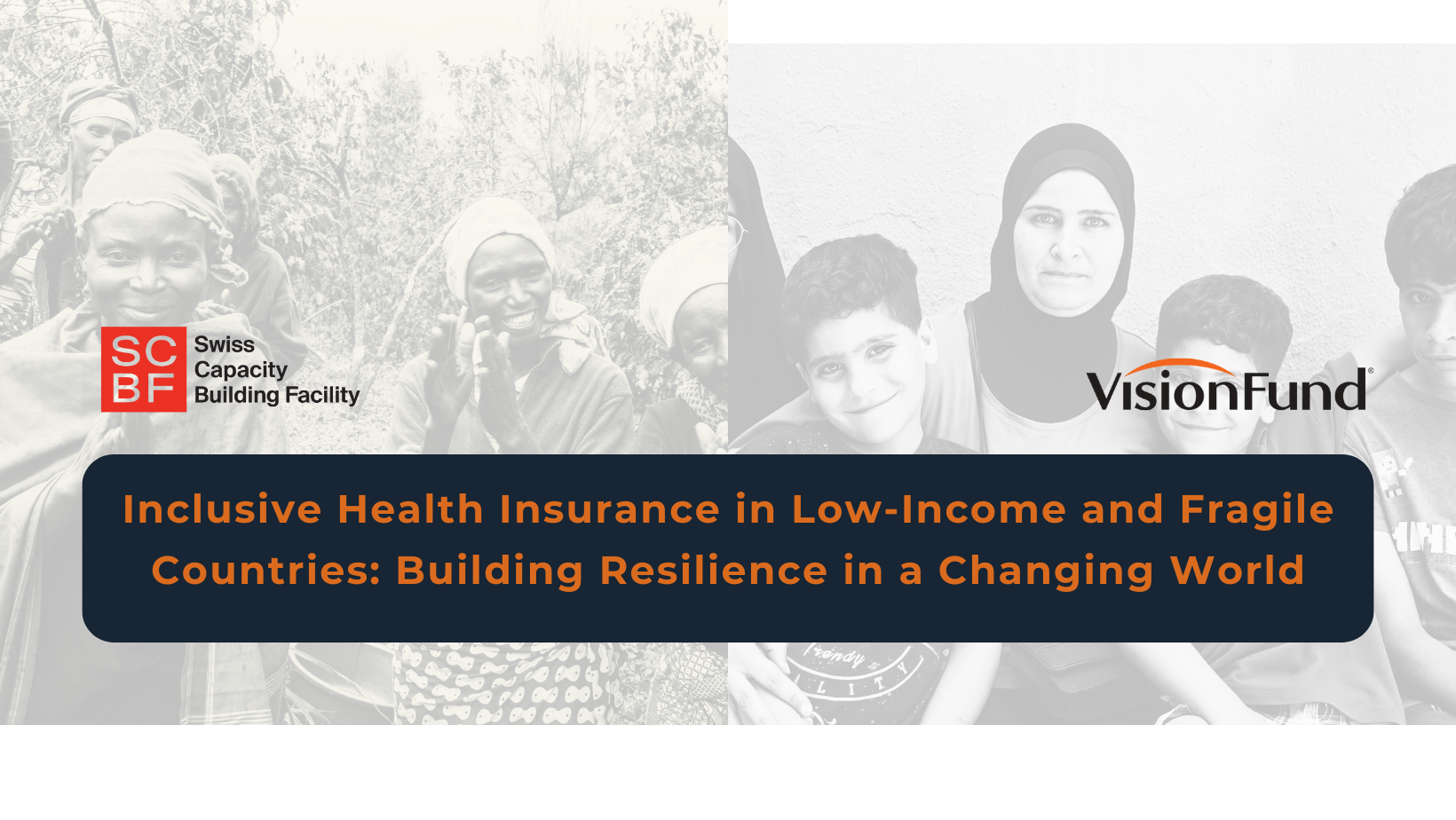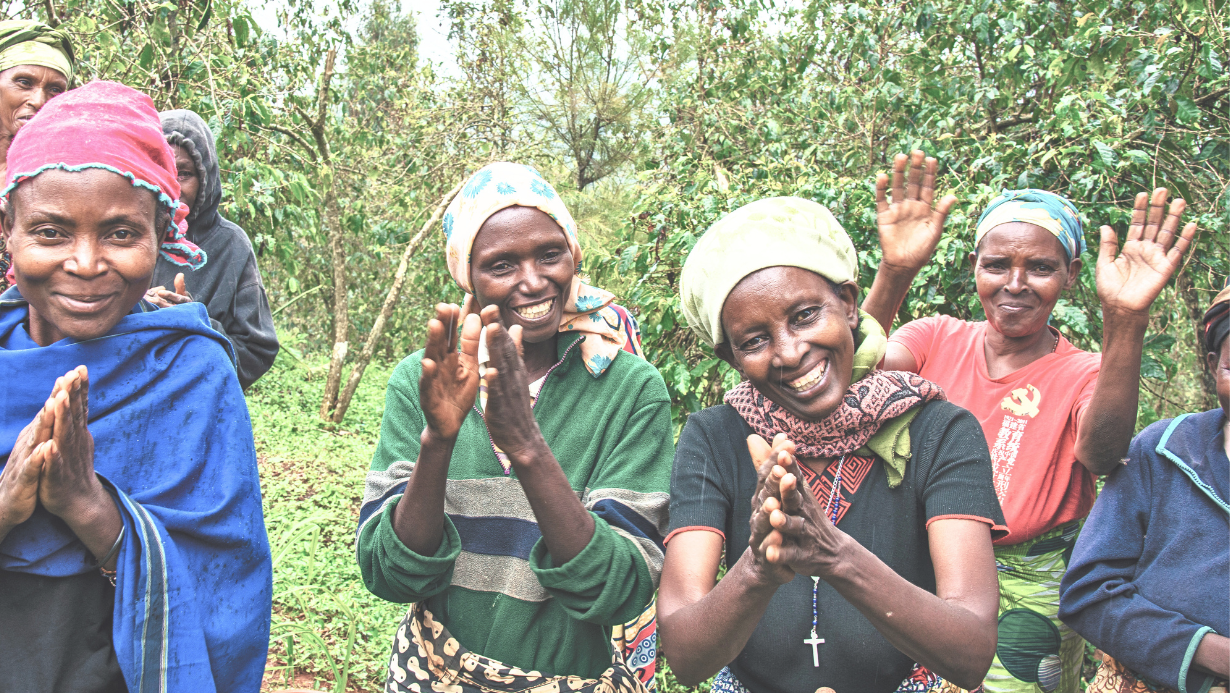Expanding the evidence base on the intersection between housing, finance, and resilience: Findings from Indonesia and Egypt

by Jitendra Balani and Chrissy Martin Meier
“After [the] renovation, our lives have changed. We now sleep well because our bedrooms are comfortable. We are healthier.”
Female, housing loan recipient aged 39, Indonesia
Context: In the face of the ongoing negative economic impacts of COVID-19, housing finance is supporting recovery.
To better understand the role that financial institutions can play in helping clients through the pandemic and securing adequate housing, the Terwilliger Center for Innovation in Shelter, a unit of Habitat for Humanity International, commissioned a series of studies in the Philippines, Egypt, and Indonesia. These studies were conducted using Lean DataSM methodology by 60 Decibels, a tech-enabled social impact and customer-experience measurement company working in over 50 countries. We previously reported the results from the Philippines study, which occurred between June and July 2020, when communities were still in the early months of adapting to the COVID-19 pandemic and few were prepared to grapple with ever-changing restrictions and seemingly endless lockdowns.
Many things have changed in the past year, including the development of vaccines and better knowledge of the virus and its variants. Yet, a full year later when, in May and June 2021, the Terwilliger Center completed its two studies in Egypt and Indonesia, the impacts and hardships of COVID-19 remained front and center in the lives of the low-income housing loan clients.
In this context, these two studies highlight the persistent demand for housing loans, and add to evidence on the role these loans can play in improving the quality of life, safety and security of families, as well as, for some, the ability to earn home-based income.
Amongst 297 loan clients surveyed in Egypt, 52 percent (154 clients) had received a housing loan, while the others served as a control group, having received other types of loans. 70 percent of all clients reported that their financial situation worsened due to COVID-19. However, 44 percent of all loan clients reported their loan had a positive effect on their ability to recover from the pandemic. Housing loan clients were less likely to report a much worse financial situation.
The study in Indonesia painted a similar picture. Amongst the 300 clients surveyed, 56 percent (137 clients) had received a housing loan, while the others had received business loans. 60 percent of all clients reported a worse financial situation due to the pandemic. That being said, 40 percent of all clients reported a positive effect of the loan on their ability to recover from the negative impacts of the pandemic. Housing loan clients were less likely to report coping with the impacts of COVID-19 through borrowing money or reducing loan repayments.

N=297 in Egypt; N=300 in Indonesia
Findings: Housing finance loans improved clients’ quality of life and sense of safety and security, especially among women.
Housing loan clients report a sense of pride, safety and security related to their home.
“Painting the walls has bettered my mood and made me feel more comfortable, safe, and secure.”
Female, housing loan recipient aged 37, Egypt
In both Egypt and Indonesia, almost all housing loan clients reported a greater sense of pride related to their housing conditions as a result of the loan. In Egypt, 87 percent went further to say that their quality of life improved, with 38 percent reporting that it had improved substantially (Figure 2). Similarly, in Indonesia, 93 percent of housing loan clients reported that their quality of life improved, with 18 percent reporting that it was much improved.

N=154 in Egypt; 137 in Indonesia
The vast majority of housing loans clients – 97 percent in Egypt, and 79 percent in Indonesia – felt good or very good about the condition of their housing following their loan, and perceived that their home’s condition had improved as a result of the loan. This finding was particularly critical given to the link between COVID-19 transmission and housing conditions.
Furthermore, many clients reported an improved sense of safety and security at home. In Egypt, 37 percent of housing loan clients felt more comfortable at home and 19 percent felt safer. In Indonesia, 38 percent of housing loan clients feel more comfortable at home and 97 percent feel safer as a result of the loan.
The studies show a tentative link between housing loans and gender outcomes.
In Indonesia, nearly all clients in the sample were women, providing the opportunity to measure the impact of housing loans against key indicators of women’s empowerment. Of the housing loan clients, approximately 60 percent reported an improvement in the following indicators: self-confidence and confidence in one’s abilities, ability to make decisions about spending, and choice and control over one’s actions.

Many who used housing loans for home improvements were already earning home-based income.
“I used to own a salon far from home. After the lockdown, I worked from home and saved 700 Egyptian pounds in [office] rent.”
Female borrower aged 31, Egypt
In Egypt, 36 percent of housing loan clients already earned home-based income before receiving their loan, primarily through animal rearing and fisheries. In Indonesia, half (50 percent) of housing loan clients earned home-based income before receiving their loan, primarily through cooking and selling food or selling daily-use products.
The housing loan led some additional clients to undertake home-based jobs or businesses. In Egypt, the 4 percent of housing loan clients who started a new home-based job after the loan reported that they did so thanks to increased space in the house or in order to spend more time with family. In Indonesia, the 5 percent who started a new home-based job after the loan reported doing so to secure a new source of income or for childcare purposes.
This lean data research echoed national-level estimates of the growing demand for housing finance.
60 percent of all clients surveyed in Indonesia and 40 percent of those surveyed in Egypt reported having future home improvement plans. This echoes global and country-specific research that has established that many low-income households pursue better housing through incremental home improvements. Coupled with market-level insights showing the housing deficit and the latent demand for home purchases, these numbers point to a strong market opportunity for financial institutions to scale-up access to low-income housing loans.

N=300 in Indonesia; N=297 Egypt
In Egypt, a report from the World Bank estimated an annual deficit of 220,000 housing units for low-income families. In addition, a quarter of all homes need home improvements to address qualitative shortages in the housing stock. Similarly, in Indonesia, 12.1 million households did not own a home (the ownership backlog). 22 million households, nearly one-third of the population, live in housing with at least one substandard feature (for example, housing made of mediocre building materials, with a lack of access to essential services, or in overcrowded conditions). The number increases to 43 million households when the housing quality is measured against the Sustainable Development Goal target 11.1: ensure access for all to adequate, safe, and affordable housing.
Conclusion: Meeting the persistent demand for housing loans can have a positive social impact while creating a new customer segment for financial institutions.
The latent demand for housing presents a sizeable business and social impact opportunity for financial service providers to develop new products and services that enable housing finance for low-income families across Egypt and Indonesia.
The evidence base on the intersections between housing, financial inclusion and resilience is growing. These studies show that housing finance plays a key role in improving housing conditions, as well as families’ safety and security at home. This is especially important as the COVID-19 pandemic continues well into its second year. Health, safety and economic stability are more closely linked than ever to one’s ability to live comfortably and to have the option to work from home.
This research suggests that housing finance can have a strong social impact in terms of improving the quality of life and security, especially for women. Furthermore, this adds to the growing body of research demonstrating that financial institutions that provide housing loans can develop profitable, long-term relationships with clients through housing finance.
Acknowledgments
This learning series is initiated through the Habitat for Humanity International (HFHI) Association in Switzerland led by HFHI’s Terwilliger Center for Innovation in Shelter. The Terwilliger Center works with housing market actors to expand innovative and client-responsive services, products and financing so that households can improve their shelter more effectively and efficiently.
SCBF has played a catalytic role in enabling and supporting the Terwilliger Center’s impact over the past years. With the grant support from SCBF, the Terwilliger Center was able to support leading financial institutions from Sri Lanka, Cambodia, and Ecuador to develop or refine their client-centric affordable housing finance solutions.
The study in Indonesia was made possible through the generous support of the Credit Suisse APAC Foundation, which is committed to supporting financial inclusion in the region.























































.png)











































